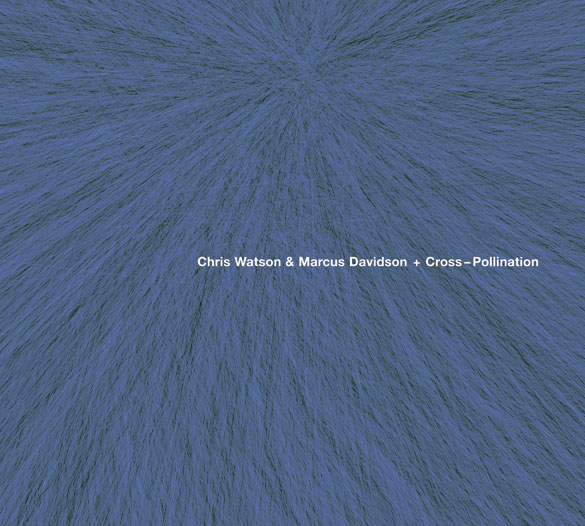 Field recording is, for me, one of those genres so fraught with problems I generally disregard it almost entirely. Natural environments have a worse habit for being sonically unruly than the average coked-up drummer. A friend reminded me of the rule of festivals recently: “remember it’s in a field.” Because most of us know that, as soon as you get any recording equipment out in the open air, it’s very likely to immediately decide its destiny is to be a pile of very expensive and pointless wires. I always admire sound artists turning to the field recording – but getting a result that’s anything more than holding back the tide of microphone atrophy is elusive for most field recordists.
Field recording is, for me, one of those genres so fraught with problems I generally disregard it almost entirely. Natural environments have a worse habit for being sonically unruly than the average coked-up drummer. A friend reminded me of the rule of festivals recently: “remember it’s in a field.” Because most of us know that, as soon as you get any recording equipment out in the open air, it’s very likely to immediately decide its destiny is to be a pile of very expensive and pointless wires. I always admire sound artists turning to the field recording – but getting a result that’s anything more than holding back the tide of microphone atrophy is elusive for most field recordists.
Actually, hang on – you can breathe while you’re buying it. Obviously. I’m not that cruel.
Cross-Pollination is split into two tracks – “Midnight at the Oasis,” a ‘time compression’ of the Kalahari, South Africa, and “The Bee Symphony,” a transposition by Marcus Davidson of bee recordings Watson made. So the first is pretty familiar territory for Watson – an utterly exquisitely recorded set of natural sounds. And, like a lot of his stuff, there’s this astonishing capacity for picking out clouds of insects with his mic-eye and making them sound like massed glissandi. I do wonder whether or not knowledge of the subjects (various insecty and swathing wind sounds) makes much of a difference to the recording – if I didn’t know it was natural sounds, I’d happily take some the buzzes, clicks and whistles as percussive stabs from the more delicate of electronic musicians. It’s the disarming musical quality which elevates Watson for me – in spite of being aware of the sources, everything about it screams that it’s much more than ‘just’ an exotic soundscape.
“The Bee Symphony” explores this musical connection even more closely – Watson’s bees (English ones at that) are put into a dialogue with human voices – the frequencies of the bees transposing pretty neatly into a human range. It’s one of those ideas that could so easily be utterly trite – ‘humans sing like the animals’ – but Davidson has so closely matched the bee sounds with human harmonies that there are a fair few moments of disbelief at what I’m listening to. First, because it sounds like actual bees; second, because “The Bee Symphony” sounds like an actual considered piece, rather than the (apparently) random sounds bees create in nature. It’s been a long time since I’ve been anywhere near a swarm (unless own-brand honey on my toast counts) but I’m wondering if there’s music there that I never noticed. Davidson seems to have used the bee recording as a kind of springboard to a fully formed piece – f’rinstance, about three quarters of the way through open vowel sounds mark some transition of ‘the swarm’ into a lower register. I might be well off-mark, but I get the impression that Davidson has almost split the piece into two – first, an astonishing transposition of natural sounds; second, a drifting mass of modern vocal music. Messiaen himself would be proud.In short, a brilliant record, and a good one to remind us that, almost ridiculously, Watson is not just a top-notch recordist but a great musician too. And Davidson’s attention to detail in composition matches Watson every step of the way. Messrs Watson and Davidson are more than than welcome around mine for a cuppa any time. And I’ll even turn a blind eye to any Saharan muck on their shoes.
-Kev Nickells-



